Hezbollah: Flying drones to Karish gas field conveyed message to Israel
Lebanese resistance movement Hezbollah says its recent flying of three unarmed drones toward the Karish gas field was aimed to warn Israel not to conduct any extraction operation prior to resolving a long-standing maritime border dispute between Beirut and the regime in Tel Aviv.
According to Hezbollah, three unarmed drones of different sizes were launched toward the disputed area at the Karish field in Eastern Mediterranean on Saturday afternoon to carry out reconnaissance missions.
“The drones accomplished their mission which was to send a message to Israel. The message was in line with reinforcing Lebanon’s stance in indirect talks with the Zionist regime regarding demarcation of the territory in the disputed maritime area,” a top Hezbollah official told Lebanon’s Arabic-language OTV television station.
The unnamed source further said the drones “reminded the enemy that they cannot conduct any [extraction] operation in Karish gas field before we reach a deal to mark the boundaries in disputed areas. We emphasize Lebanon’s sovereignty.”
The source also criticized the US for allowing Israel to press ahead with its extraction operations before Lebanon and Israel reach an agreement, adding, “Doesn’t this violate Lebanon’s sovereignty?”
Early last month, a natural gas storage and production ship operated by the UK-based Energean arrived at the Karish field, some 80 kilometers west of the port city of Haifa.
Hezbollah warned afterward that it was “ready” to take action if the Lebanese government confirms that Israel is violating the maritime rights of the country.
The Tel Aviv regime claims the field in question falls within its so-called exclusive economic zone while Beirut rejects the claim.
The maritime row between Lebanon and Israel is over an area in the Mediterranean Sea spanning about 860 square kilometers. Block No. 9 is rich in oil and gas. Israel relies heavily on gas and has long been developing a number of occupied offshore gas deposits in the Mediterranean Sea.
The two sides have held several rounds of talks to delineate their maritime borders and resolve the decades-long dispute, but to no avail.
‘Israeli jets failed to down all drones’
Meanwhile, a report in Israeli media said that the regime’s fighter jets failed to down all three Hezbollah drones in their initial attempts.
Preliminary investigations by Israel’s military revealed that fighter jets had drastically failed to intercept and shoot down the drones, the report said, according to Tasnim news agency.
It explained that the fighters could only manage to down one of the drones and did not succeed in intercepting two others.
“The other two drones, which went undetected for some time, were downed by missiles launched from an Israeli Navy corvette,” the report added, citing Israeli military sources.
Over the past few days, Israeli media outlets have voiced concerns that the costs of firing missiles to down the drones are much higher compared to the value of the drones themselves which means that Hezbollah can inflict economic losses on Israel’s military without even hitting their targets.
Sayyed Hassan Nasrallah, the secretary-general of Hezbollah, had warned earlier that the resistance would not “remain silent” in the face of the Israeli regime’s efforts to plunder Lebanon’s gas resources.
The Israeli army had deployed air missile systems to Tel Aviv and Haifa in the occupied territories following Nasrallah’s warning.
The Israeli military had been put on alert immediately after Nasrallah’s speech to counter any surprise attacks.
Lebanon fought off two Israeli wars in 2000 and 2006. On both occasions, battleground contribution by the Hezbollah resistance movement proved an indispensable asset, forcing the Israeli military into a retreat.
Lebanon and Israel have been technically at war since 1967. The latter has had the Arab country’s Shebaa Farms under occupation.
Beirut eyes the issue of delineation of its southern border zone with great sensitivity both due to concerns about Israel’s expansionist policies and given its plans to engage in oil and gas exploration in its share of the Mediterranean.
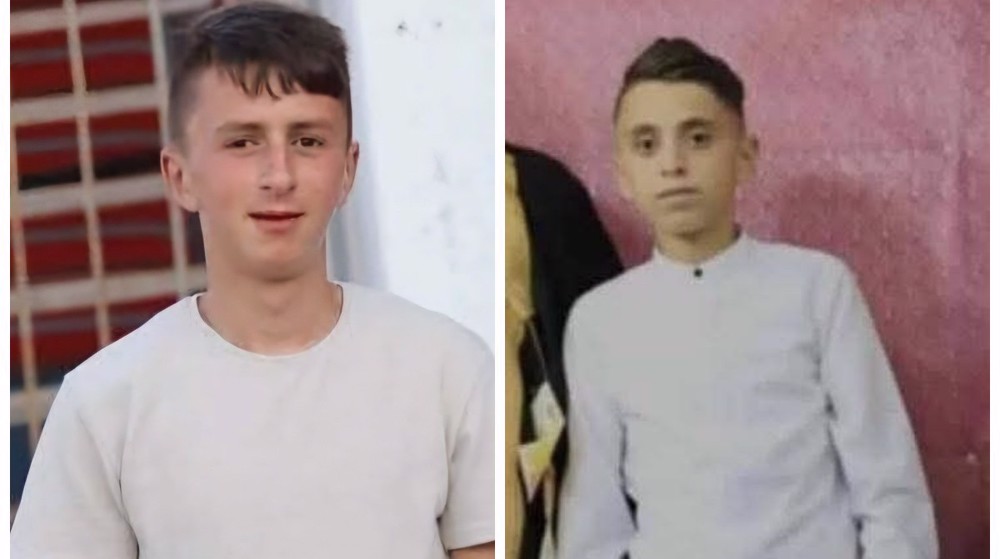
Two Palestinians killed as Israel expands deadly raids in West Bank
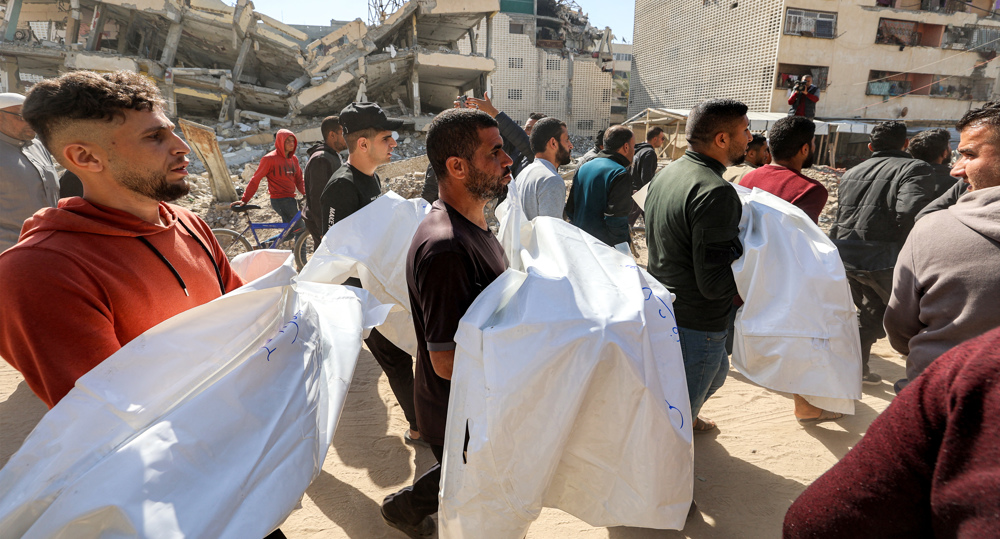
Massacre in Gaza: Israel kills over two dozen, including family of 13
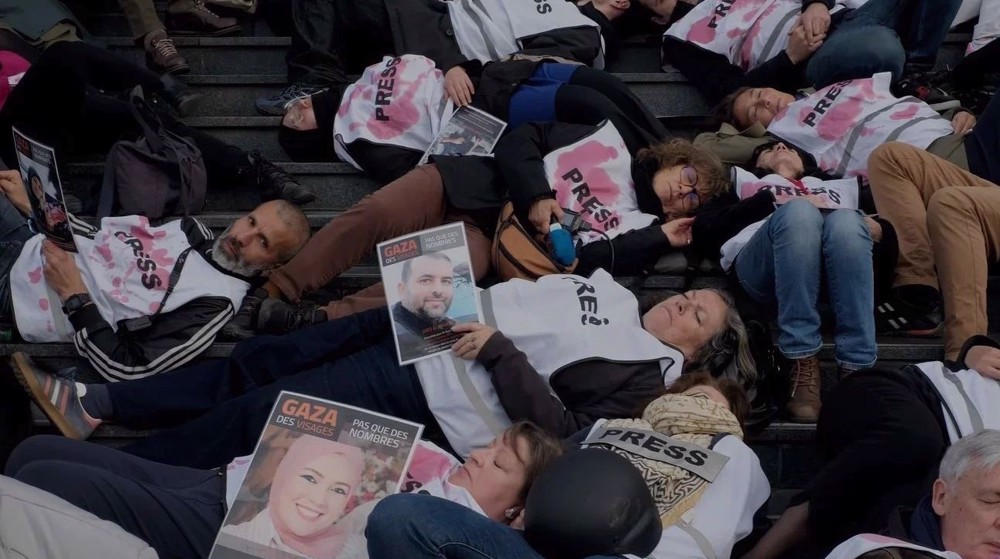
French journalists stage 'die-in protest' in support of Palestinian reporters
Iran: World must hold Israel accountable for mass murder, targeting children
Iran: Agreement with US within reach if Washington is realistic
Hayya: Hamas ready to hold talks for ‘comprehensive’ peace deal
Iran strongly condemns 'brutal' US airstrikes on Yemen’s fuel port
IRGC kills ringleader of terror group behind deadly attacks in SE Iran
IAEA deputy chief to visit Tehran for technical discussions: Iran nuclear spox
Trump induces socio-economic turmoil in Washington
VIDEO | The story of Areej: Channeling grief purposefully


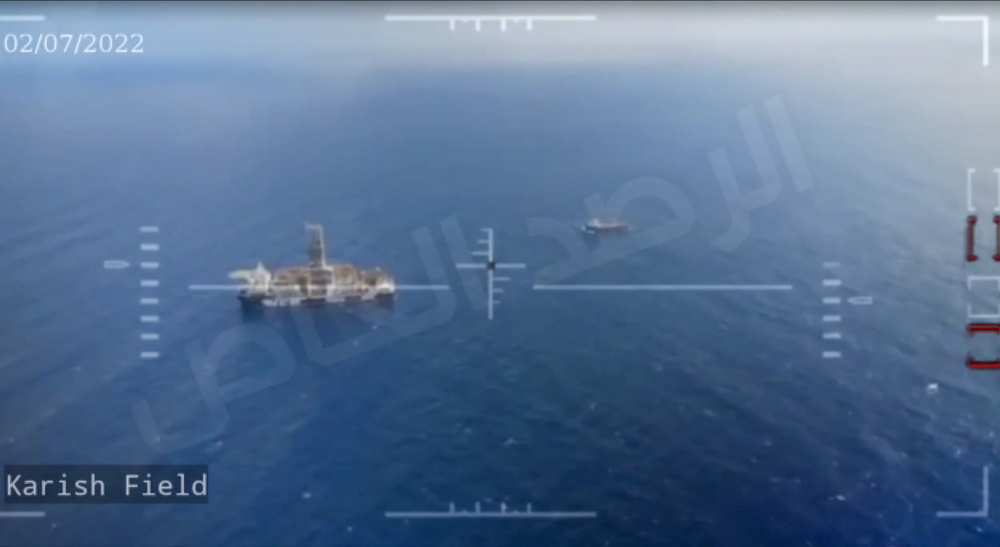
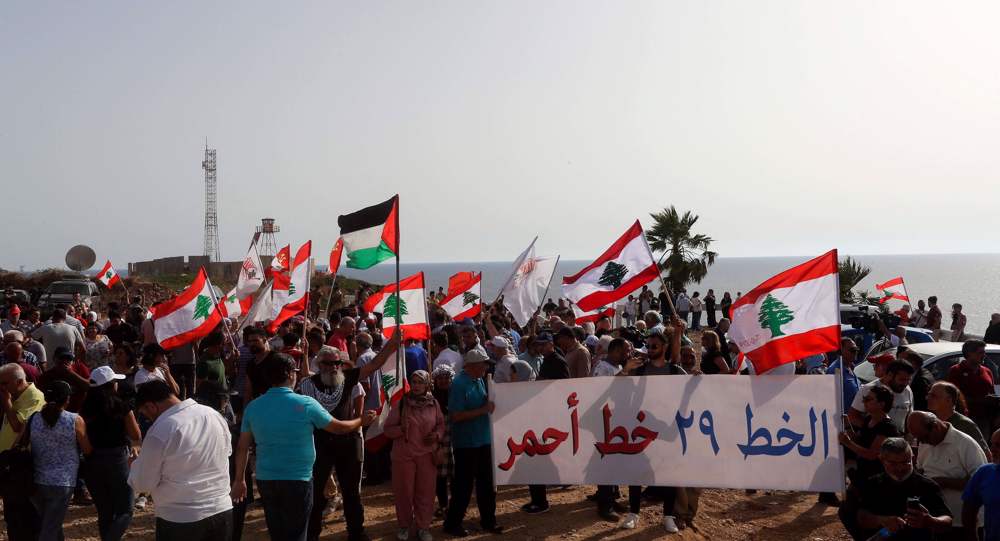




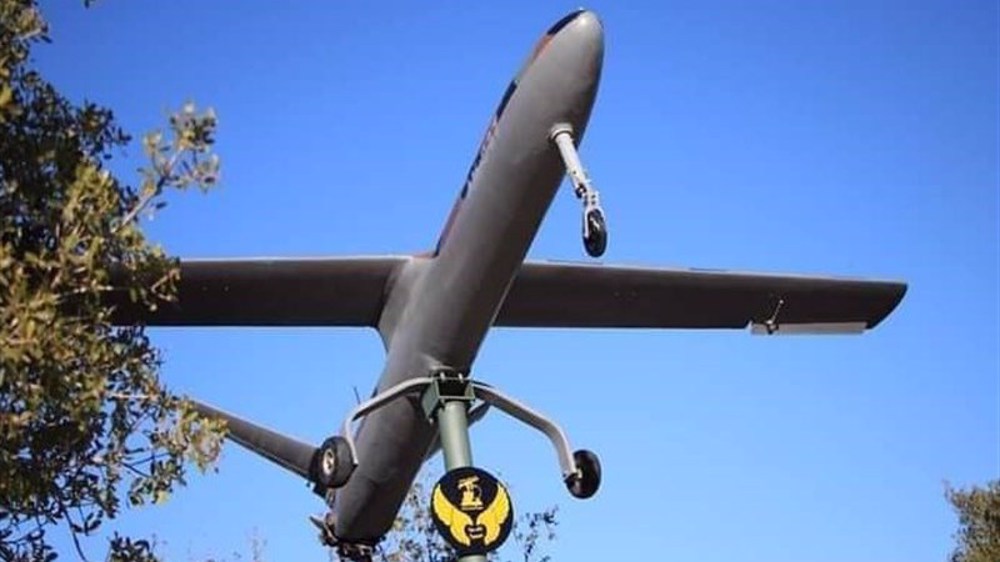
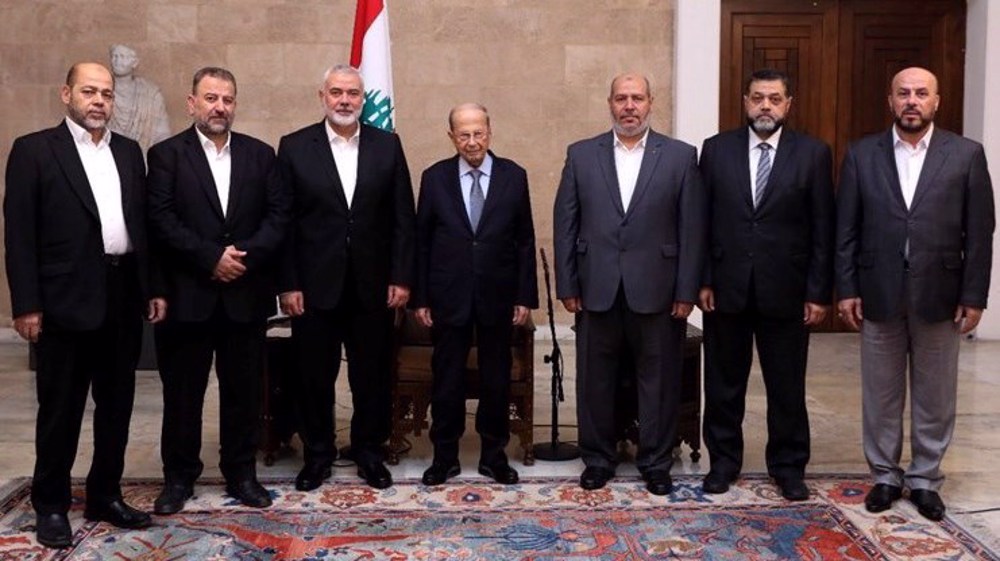



 This makes it easy to access the Press TV website
This makes it easy to access the Press TV website